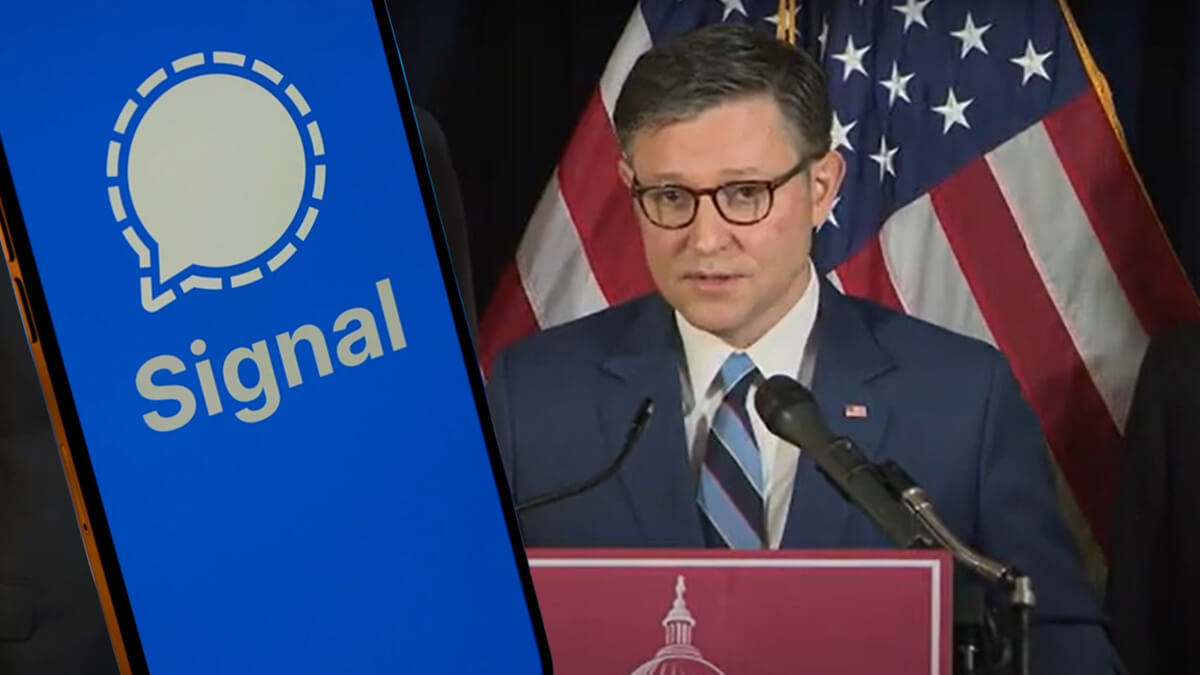In a new legal development, American Oversight, a government watchdog group, has initiated a lawsuit against former officials of the Trump administration. The lawsuit, filed in March 2025, accuses these officials of breaching the Federal Records Act by using Signal, an encrypted messaging app that features self-destructing messages, for discussing classified Pentagon strategies, particularly a military operation against Houthi forces in Yemen. This case marks a significant clash over the boundaries of federal record-keeping laws and the use of encrypted communication platforms for government business.
At the center of the controversy is the allegation that high-ranking officials, including then-Defense Secretary Pete Hegseth, engaged in discussions that potentially involved classified information on a platform inherently designed to leave no trace. The lawsuit underscores a growing concern over transparency and the preservation of official communications within the government. These concerns are amplified by Signal's capability to automatically delete messages, raising fears that crucial records may have been unlawly destroyed.
Assigned to oversee this contentious case is U.S. District Judge James Boasberg, a figure who has previously issued rulings that went against the Trump administration. This assignment has stirred apprehensions regarding the impartiality of the judiciary, with Missouri Senator Josh Hawley labeling Boasberg a "rogue judge" and questioning the fairness with which he will handle the lawsuit. Critics, including Rep. Darrell Issa (R-CA), argue that Boasberg's history of decisions against the Trump administration casts a shadow over his ability to adjudicate this case without bias, with some calling for his recusal to maintain the judicial system's integrity.
The lawsuit brings to the forefront the issue of using encrypted messaging apps for government communications, which, while offering security benefits, poses significant challenges to public access to official records and historical transparency. Named in the lawsuit are several high-profile figures, including Director of National Intelligence Tulsi Gabbard and CIA Director John Ratcliffe, accused of participating in efforts to circumvent transparency laws.
This legal battle arrives amid broader debates over the balance between national security, transparency, and the technological means through which government business is conducted. Critics of the lawsuit, such as former Trump attorney Alina Habba, denounce it as a politicized attempt to undermine the administration's achievements, while proponents see it as a necessary step to uphold laws governing the preservation of government records.
As the case progresses, its implications extend beyond the legal realm, touching on the ethics of government communication in the digital age, the preservation of national security information, and the public's right to governmental transparency. With American Oversight pushing for accountability and the Trump administration defending its practices, the outcome of this lawsuit may set a precedent for how encrypted communication platforms can be used by government officials, shaping the landscape of federal record-keeping and transparency for years to come.





